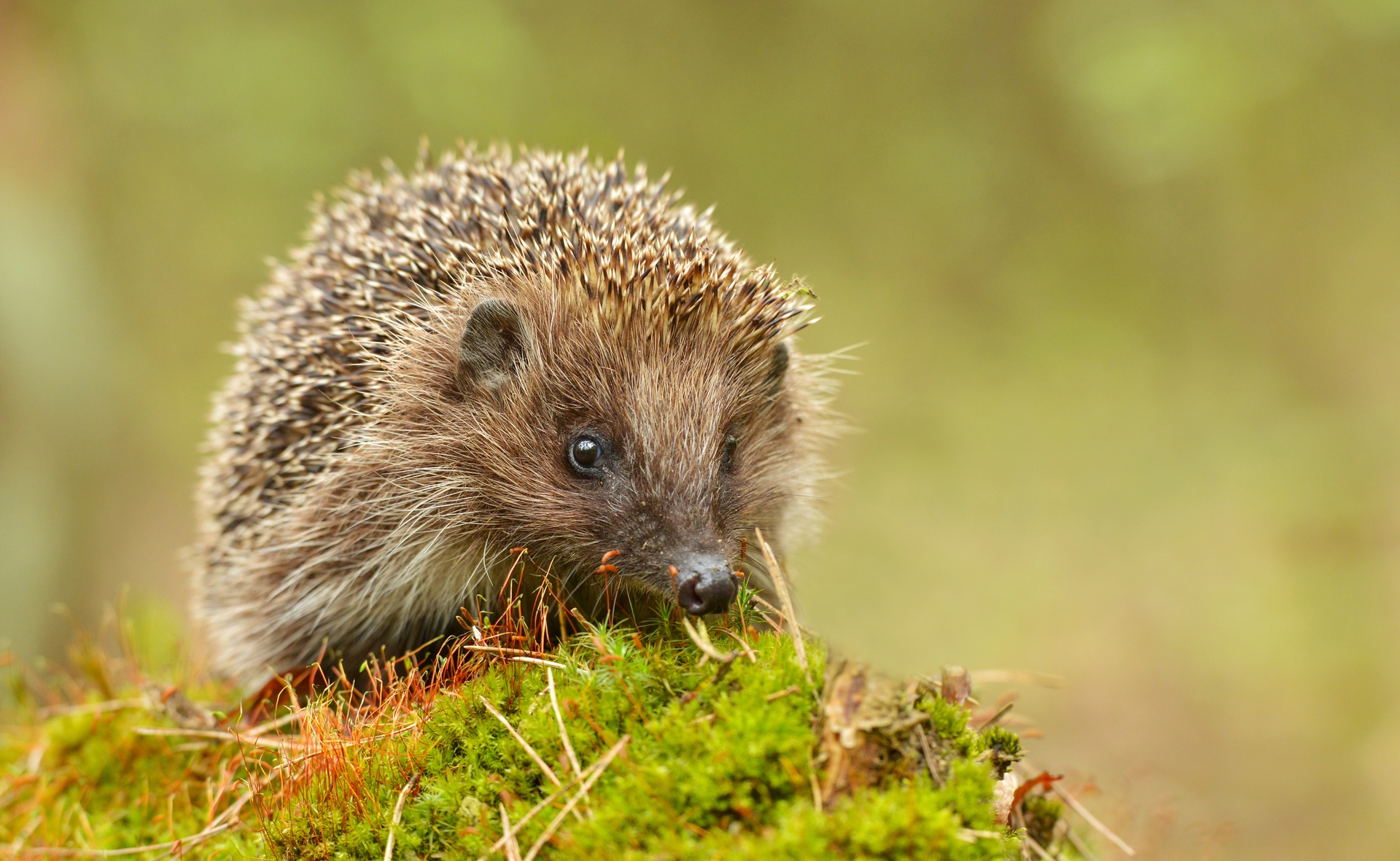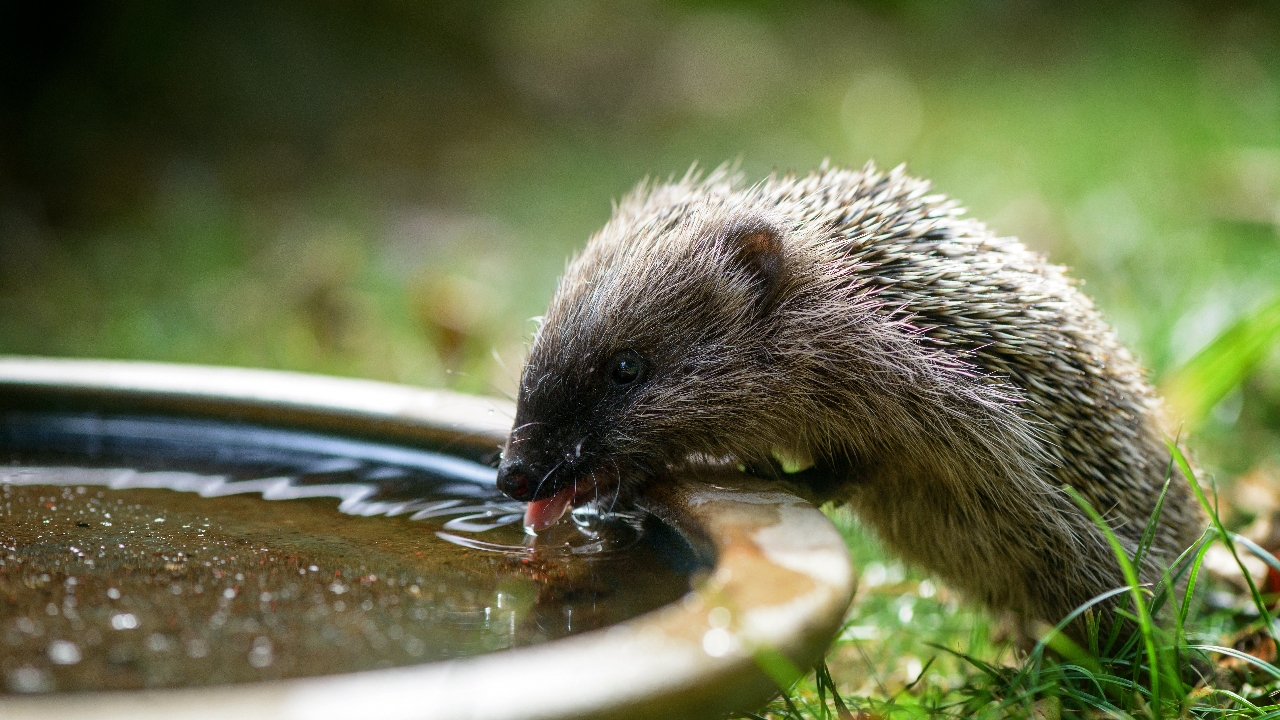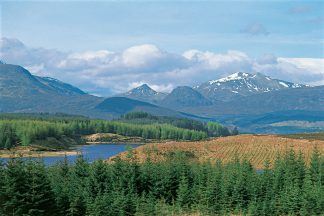Residents and visitors to a Scottish island are being urged to keep their eyes peeled for hedgehogs.
Authorities have asked them to “be vigilant” after one of the animals was found dead by the side of a road on Barra.
The discovery has sparked fears over the threat the prickly critters pose by eating the eggs of native wildlife.
Research in the 1980s and 90s found hedgehogs were responsible for declines in the “internationally important” populations of wading birds that lay their eggs on the ground where they can be easily got at.
“We recognise that many people love hedgehogs but in the wrong place they can be very damaging.”
Iain Macleod, NatureScot operations manager for Argyll and the Outer Hebrides
Further studies suggested removing the hedgehogs would allow more nests to hatch successfully and give wader populations the best chance to recover.
It has cost millions of pounds to remove the animals from the Uists in the Western Isles.
Authorities have warned releasing mammals on islands constitutes a serious wildlife crime.
“We recognise that many people love hedgehogs but in the wrong place they can be very damaging,” Iain Macleod, NatureScot operations manager for Argyll and the Outer Hebrides, said.
 iStock
iStock“It’s vitally important for the wader populations that these non-native animals don’t get a foothold on the island.”
It is not clear how the hedgehog discovered on Barra came to the island. It is thought it may have been released by an individual unaware of the risk the animals posed or it may have hitched a ride on a ferry.
Though not being native to the Outer Hebrides, a number were released in a garden in South Uist in 1974 as part of an effort to control slugs.
“While we don’t know where this hedgehog may have come from, it’s important to note that releasing mammals on islands can cause great harm to native wildlife and is treated as a serious wildlife crime,” Mr Macleod said.
NatureScot-employed trappers are currently on Barra, setting up a network of live catch traps and camera traps to establish whether more hedgehogs are present.
Two sniffer dogs owned by the trappers are being used to detect the creatures. Any hedgehogs caught will be relocated and released in a safe location, NatureScot said.
“Following this initial report we are taking swift action to try and establish if other hedgehogs are present on Barra and what the scale of the problem might be,” Mr Macleod said.
“We’d encourage local residents and visitors alike to keep an eye out and report any further sightings to us.”
Anyone living on Barra who wants to help out in the search is encouraged to get in touch.
Any sightings of hedgehogs on Barra or North Uist can be reported to the Uist Wader Project Manager, by telephone at 07919691645 or by email to iain.macleod@nature.scot.
The Royal Society for the Protection of Birds said: “This evidence that hedgehogs are now on Barra is very worrying and shows the importance of biosecurity, including surveillance and preventative measures, to limit the spread of invasive non-native species.”
Follow STV News on WhatsApp
Scan the QR code on your mobile device for all the latest news from around the country


 NatureScot/AdobeStock
NatureScot/AdobeStock

























